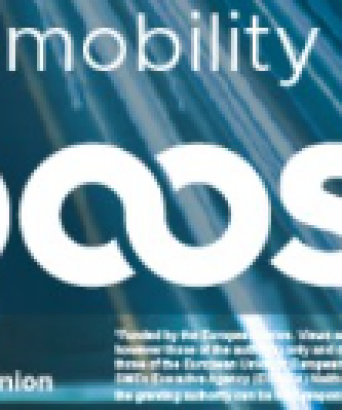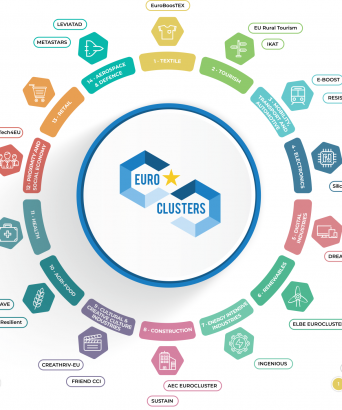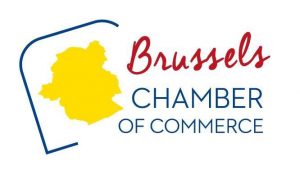The Incoterms determine the costs, risks and customs obligations between buyer and seller internationally for the transport of goods.
The delivery of goods internationally also implies practical agreements between the seller and the buyer. The Incoterms® rules (International Commercial Terms) were created to determine the legal liability of each party. These are in fact international conventions relating to the international transport of goods that allocate costs, risks and customs obligations between the parties on the basis of 11 rules set out in the Incoterms® 2020. These rules are developed by the International Chamber of Commerce (ICC) and are reviewed and adapted every 10 years. The last update was made in 2020.
Incoterms are a series of 11 different codes, consisting of three letters (EXW, FOB, etc.) that represent as many ways to organise international delivery. They allow sellers and buyers, regardless of their cultures and legal systems, to agree on the precise time when the costs and risks associated with the delivery pass from one to the other, who must organise the transport, who must take care of customs formalities, etc.
Incoterms are not mandatory but facilitate international trade provided that the parties concerned select the Incoterm which correctly allocates the cost, risks and formalities.
The 11 incoterms divided into families generate for the seller an increasing order of obligations in terms of costs and risks. For initial sales incoterms the risks are transferred to the buyer in the seller’s warehouse or to a place (port, airport, grouping platform in case of grouping or multimodal transport) in the seller’s country or in a surrounding country. For the incoterms of sale on arrival the charges and risks associated with the main transport are borne by the seller to the final destination in the buyer’s country.
The choice of the incoterm is the result of the commercial negotiation between the two parties. The seller and the buyer must take into account their respective capacities to control customs and logistical formalities, including packaging, loading, documentation required by customs.
To find out more and help you choose the Incoterm in your international business relations, take part in the training organised by BECI / Enterprise Europe Brussels on 21 February at BECI: https://www.brusselsnetwork.be/fr/events-posts/quel-incoterm-choisir-pour-la-livraison-internationale-des-marchandises/





